Anti-social behaviour (ASB)
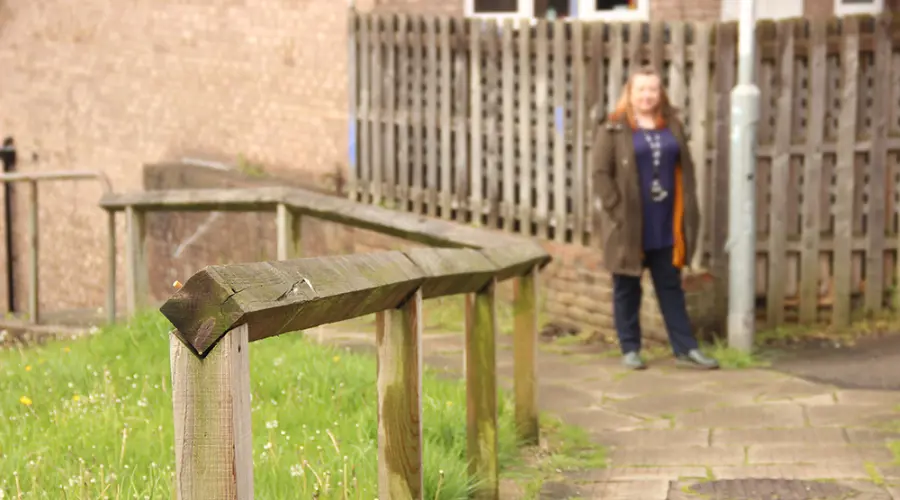
Anti-Social Behaviour (ASB) team
Everyone deserves to feel safe where they live and anti-social behaviour (ASB) in your community can really affect your overall health, wellbeing, and quality of life.
Our dedicated ASB team work closely in partnership with the council’s Safer Neighbourhood Service and South Yorkshire Police to deal with ASB effectively across the borough.
The team address and manage community tensions that ASB, crime, and nuisance can cause so you can live in your home without stress and fear.
What is anti-social behaviour?
Anti-social behaviour is behaviour that causes harassment, alarm, or distress to other people living in your neighbourhood.
Along with key partners including Barnsley Council and South Yorkshire Police, we’ll work with individuals to address ASB in our communities.

What is anti-social behaviour?
- Excessive or persistent noise such as loud music or TV
- Abusive or insulting behaviour
- Shouting, screaming, swearing, or drunkenness
- Using violence or threatening to use violence
- Vandalism, graffiti, or fly tipping
- Using cars or motorbikes illegally
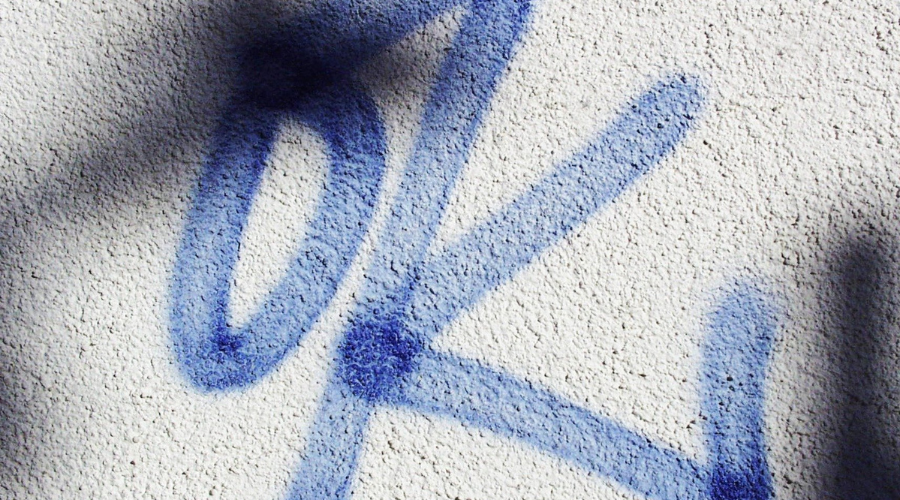
What is harassment?
- Damage to property, for example, graffiti or vandalism
- Verbal abuse and threats of violence
- Violent acts
- Domestic abuse
- Hate crime

What isn't anti-social behaviour?
- Children playing in the street
- Children arguing
- Riding bikes or skateboards
- Events in the home such as flushing toilets, cooking smells, smoking in own home, washing machines, babies crying, or children playing
- Staring or looking at someone
- Pets straying across garden areas
- Noise from a one-off party or BBQ
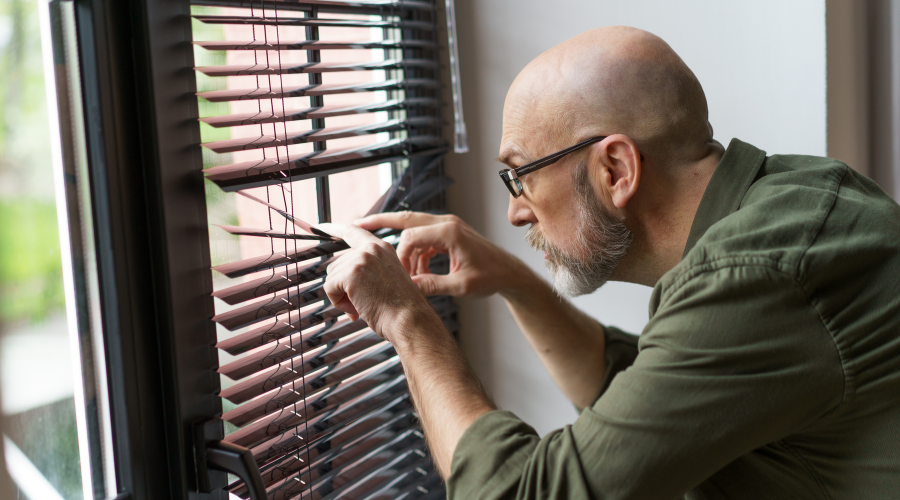
What about neighbour disputes?
Neighbour disputes over things like boundaries, driveways, parking, and fencing will not be dealt with under our ASB Policy in the first instance.
If a dispute escalates and anti-social behaviour becomes present such as abuse or threats for example, this will be dealt with under the policy.
Reporting anti-social behaviour
In most cases of minor nuisance or ASB, the first thing you should do is discuss the problem with your neighbour.
We offer a mediation service, where we arrange for a trained person to help you and your neighbour meet, talk about your problems, and help you understand each other’s point of view.
If you can’t talk to your neighbour about the problem or it’s a sensitive problem, then you can report ASB by:
- Phoning the police on 101 (or 999 in an emergency)
- Anonymously to CrimeStoppers on 0800 555 111
- Completing our online form
- Phoning us on 01226 787878
- Respect Line - available out of hours from 5pm to 9am Monday-Friday, weekends, and Bank Holidays 0800 075 6699
Remember to tell us your name, address, and phone number, as we may need to ring you back.
Once you’ve reported it
An officer will contact you and arrange to visit you at home or another suitable place. We’ll keep you updated on what action is being taken.
What are the response times?
If there is a report of a racial/hate incident, if there is a risk of violence, or if there's damage to your property, we'll contact the reporter within 1 working day.
Examples of high priority issues include:
- Acts of violence
- Serious intimidation/ threats of violence
- Criminal behaviour affecting the local community (where it's deemed that a civil power is the most appropriate solution)
- Damage to property or communal areas
- Hate Crime
Examples of medium priority issues include:
- Excessive noise, especially late at night from loud music or DIY
- Rowdy or aggressive behaviour
- Intimidation, harassment, or verbal abuse
- ASB from visitors to premises
- Regular and persistent ASB from known offenders
Examples of low priority issues include:
- Nuisance caused by ball games
- Isolated incidents
- Neighbour disputes
What to expect when reporting ASB
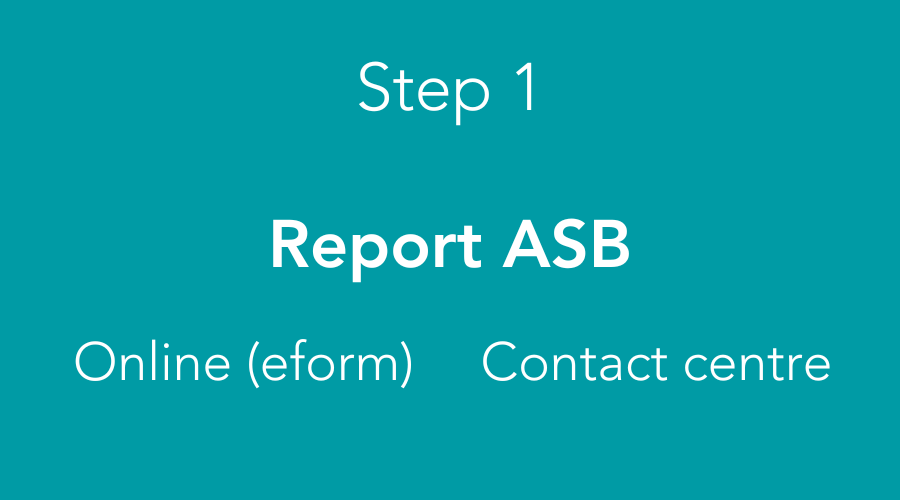
Report it
If you're not able to talk to your neighbour about the problem, or it's a sensitive problem, please report anti-social behaviour to us online or by telephone.
Phone the police on 101 (or 999in an emergency)
Report anonymously to CrimeStoppers on 0800 555 111
Click here to send us an eform
Phone 01226 787878
Respect Line - available out of hours from 5pm to 9am Monday-Friday, weekends, and Bank Holidays 0800 075 6699
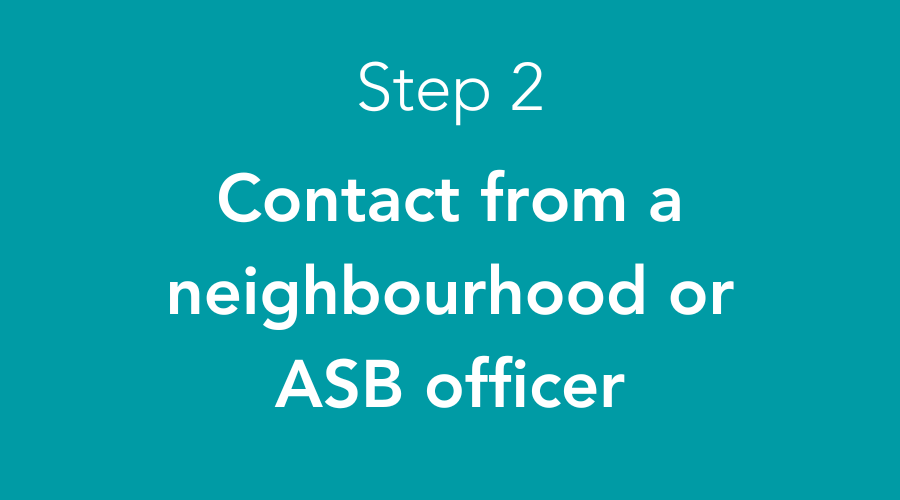
Contact from an officer
Once you've reported it, a neighbourhood or ASB officer will get in touch to talk about your case.
See our response times above.
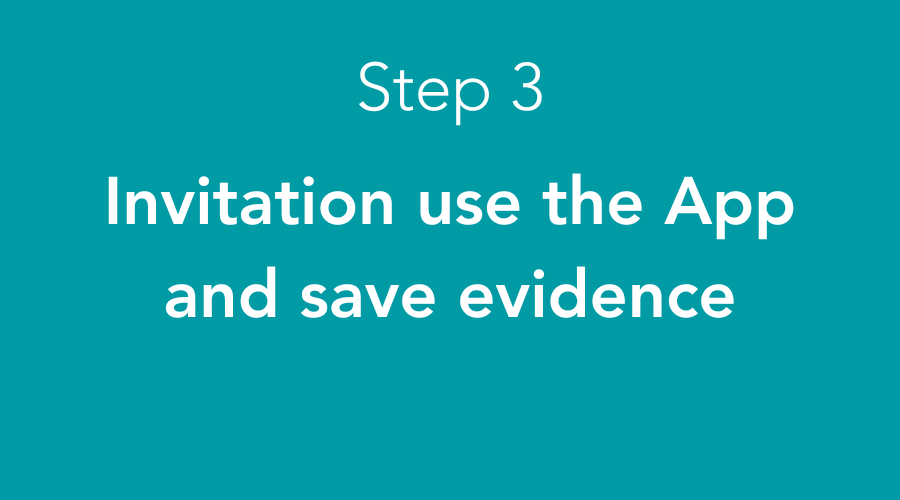
Use the app to record and save evidence
You'll then be invited to download the ASB app, which can be used to record and save evidence.
Alternatively, we can provide you with paper diary sheets to complete.
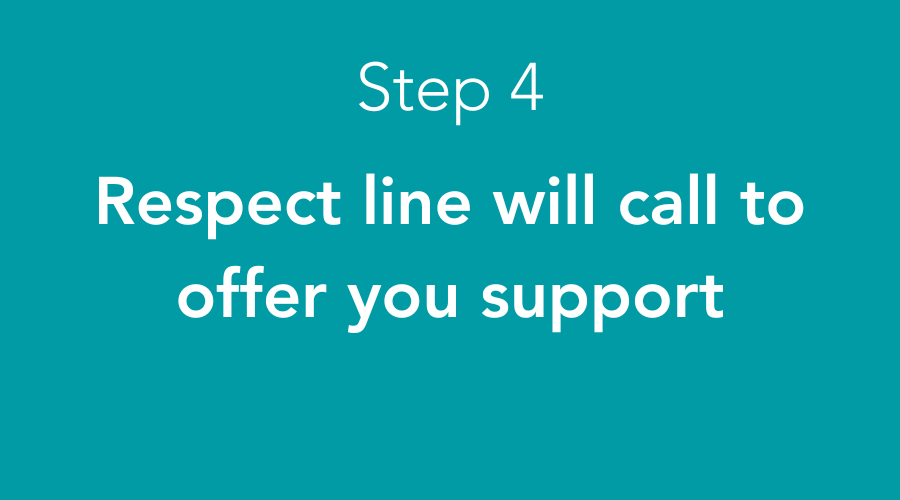
Respect Line will be in touch
If you give us consent, we'll arrange for someone from the Respect Line to contact you to offer advice and support.
We can’t take action against someone without evidence. Evidence includes:
- photographs
- diary sheets
- videos
- audio recordings
- witness statements
Evidence can be provided for a case from you or our partner agencies who use specialist tools such as noise recording devices.
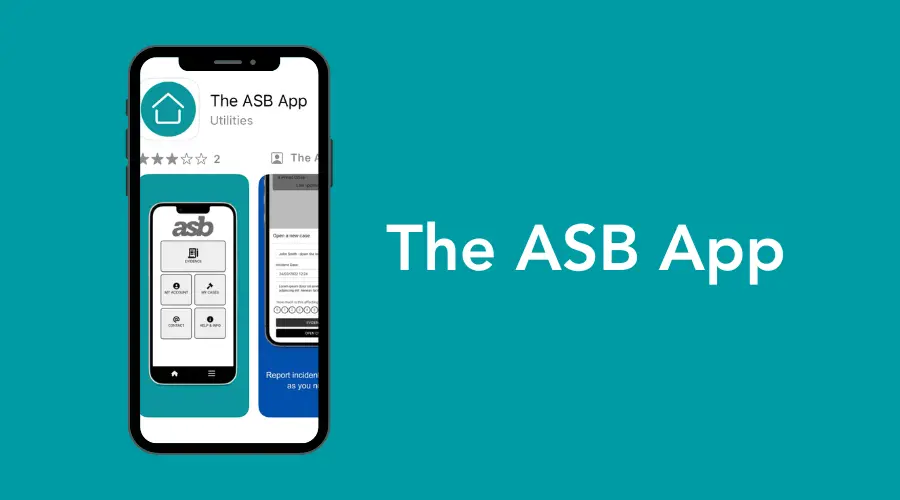
ASB app and Respect Line
Our neighbourhood teams and ASB team use two systems to support you if you’ve reported anti-social behaviour to us.
ASB app
Once you’ve made a complaint, one of our officers will invite you to download the app which you can use to upload evidence including written information, photos, or videos. We’ll explain how it works and how to use it. You can still keep a traditional diary of incidents if you’d prefer.
We manage who has access to the app, by inviting you to use it and closing it after the investigation is complete. The app provides a quick and accessible system for reporting further ASB incidents and helps with accurate record keeping, so we can escalate and build case files in a timely manner.
Respect Line
This is an out of hours external customer service from professionals who have specialist knowledge to support you.
Once you’ve told us you’re having problems with ASB, you’ll be contacted and offered advice and support.
They can take note of the incidents that have happened since last contact and give advice on what action you should be taking next, which might include contacting South Yorkshire Police. This information is sent directly to the investigating officer to help progress the case.
Next steps
When a new report is received, the neighbourhood officer or ASB officer will make reasonable attempts to contact the reporter at least three times by visiting, and by telephone. If these attempts are unsuccessful, a letter will be sent to encourage contact. If the reporter does not contact the neighbourhood officer or ASB officer within ten working days of that letter being sent, the case will be closed.
We can’t take action against someone without evidence. If the evidence confirms ASB, we’ll take fair, reasonable, and proportionate enforcement action.
In serious cases, where the perpetrator has put you or someone else in danger, we’ll go straight to legal action. In most situations we’ll take a step-by-step approach to try to get them to change.
In some circumstances if you've asked us to not speak with the perpetrator, it could be difficult to take the case further.
Tools and enforcement actions to deal with ASB
Most complaints can be resolved through early intervention. We'll use information, support, and low risk interventions to tackle the causes of ASB at an early stage.
Some examples of early intervention tools are:
- Diversionary Activity
- Community Resolutions
- Home or Office Interviews
- Target Hardening
- Tenancy Support
- Mediation
- Overt Surveillance
- Informal Action
- Verbal Warnings/Written Warnings
- Acceptable Behaviour Contract/Parenting Contract
- Community Protection Notice Warnings
This isn't an exhaustive list.
The decision to take any formal or legal action is made by Barnsley Council, taking into consideration our views and that of other key partners. Examples include:
- Civil Injunctions
- Criminal Behaviour Orders
- Community Protection Notices (CPN)
- Public Spaces Protection Orders
- Closure Orders
- Possession Order - Courts granted permission to evict the tenant / end tenancy
- Demotion Order
- To extend the Introductory Tenancy - if the perpetrator has an introductory tenancy this will usually be for 12 months. This action will make it 18 months before they can then enjoy the benefit of a secure tenancy.
Tenants are protected by their tenancy agreement, and this means that we have to go through many steps if we want to take legal action.
Closing the case
If we're not able to contact the reporter of ASB after making the reasonable attempts explained above, the case will be closed.
Once an investigation is completed, and the appropriate tools and enforcement have been applied with successful results, we'll let you know we're closing the case.
We'll give you the opportunity to provide us with feedback about the management of your case.
A case will also be closed when:
- An investigation has been undertaken and it has been deemed not to be ASB.
- An investigation has been undertaken and there is no corroborating evidence.
- It has been successfully resolved through early intervention attempts or formal action, this will be agreed with the reporter.
- The reporter has not been in contact for four weeks or more despite reasonable efforts from the Officer to contact them.
What can I do if I feel unhappy that a case is taking too long to resolve?
The anti-social behaviour case review is a tool available to you which you can use to ask agencies to review how they have responded to complaints of ASB.
If you feel that an agency hasn’t dealt effectively with ASB you’ve reported, you can request an anti-social behaviour case review. There is a threshold to make sure all anti-social behaviour case review requests are dealt with consistently:
- You as an individual have reported three separate incidents relating to the same or similar issue of ASB which have occurred within the last six months.
If you meet the above criteria, you can ask us to progress the anti-social behaviour case review with Barnsley Council on your behalf or you can contact Barnsley Council directly:
- By phone to Barnsley Council: 01226 773555
- By writing: Barnsley Council Community Safety and Enforcement Service, PO Box 634, Barnsley, S70 9GG.
The anti-social behaviour case review doesn't replace our own complaints procedure, however it's a national tool used to hold all professionals involved in your ASB case to account. The information is used to evaluate all action taken and to produce a time sensitive action plan for all agencies involved.
If you aren’t happy with the way we have dealt with ASB, please let us know.
Your feedback is really important to us and helps us improve what we do. We’re committed to providing a good service. Whether it’s good or bad, we want to hear what you have to say. It’s okay to complain. If you’ve raised concerns about an issue with our service and it hasn’t been dealt with quickly and effectively, please let us know that you remain dissatisfied.
You can make a complaint by:
- Completing our online form
- Emailing us at customerservices@berneslaihomes.co.uk
- Phoning us on 01226 787878
- Contacting us on social media
- Talking to a Berneslai Homes staff member